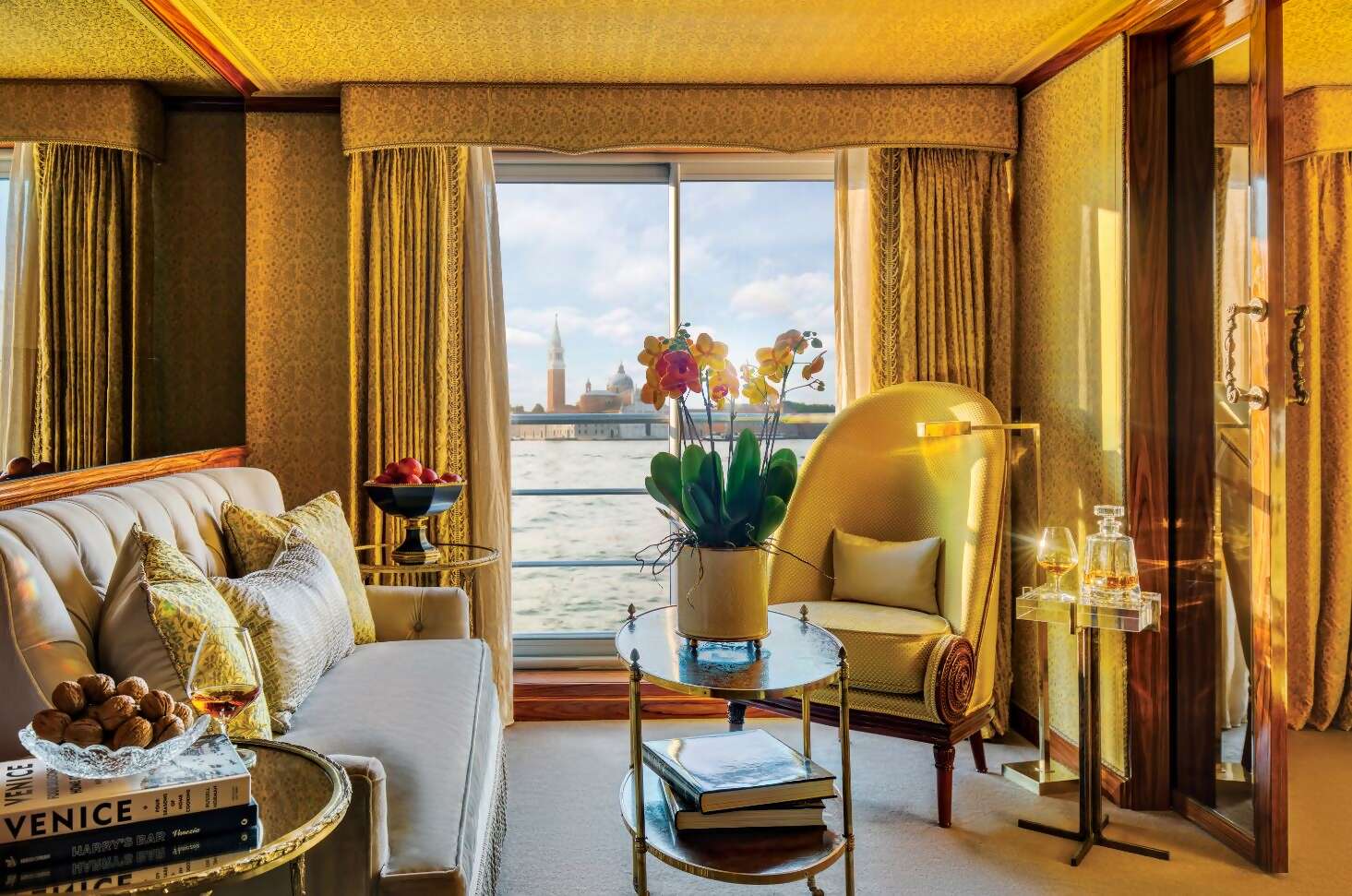A culturally-rich adventure along two of Europe’s most resplendent waterways.
Begin your journey with two nights in the magical city of Munich, then set sail along the Main and Rhine rivers, where castles, palaces and medieval hamlets filled with half-timbered houses await your discovery. Step back in time in beautifully preserved towns and cities such as Rothenburg, Miltenberg, Heidelberg and Bamberg. Admire the picturesque Petit France section of Strasbourg as you glide through its canals under bridges that have stood for 600 years, and tour the awe-inspiring Würzburg Residence, a baroque masterpiece and UNESCO World Heritage Site. Chat with friendly Franconian villagers over coffee and cake. Enjoy a local brewery visit and stops in lively patisseries, as well as sumptuous meals with paired wines onboard. All this and much more is yours to discover on this luxurious, all-inclusive cruise.
Family Program (Select sailings)
Share the enchantment of this region with the special young people in your life. Our all-inclusive cruises not only feature unique, fun-filled adventures for families to enjoy together, they’re also packed with culturally and historically significant experiences designed to spark creativity and life-long learning.
You will visit the following 7 places:

Munich
Munich is the capital city of Bavaria (Bayern), Germany. It is located on the River Isar north of the Bavarian Alps. It is the third largest city in Germany, after Berlin and Hamburg. There are about 1.35 million people living within city limits, while the Munich Metropolitan Area (including the urban areas of Augsburg, Ingolstadt, Rosenheim and Landshut) is home to over 5 million people.The city is a major centre of art, advanced technologies, finance, publishing, culture, innovation, education, business and tourism in Germany and Europe, and enjoys a very high standard and quality of living. Munich's cultural scene is second to none in Germany, with the museums even considered by some to outrank Berlin in quality. Many travelers to Munich are absolutely stunned by the quality of the architecture. Although it was heavily damaged by allied bombing during World War II, many of its historic buildings have been rebuilt and the city center appears mostly as it did in the late 1800s including its largest church, the Frauenkirche, and the famous city hall (Neues Rathaus).

Nuremberg
Nuremberg is a city on the river Pegnitz and the Rhine–Main–Danube Canal in the German state of Bavaria, in the administrative region of Middle Franconia. When people think of Nuremberg, they usually think of gingerbread, toys, Christmas, the Reich Party Rally Grounds, or the Nuremberg Trials. But the old town of Nuremberg is much more than this and indeed Nuremberg probably comes closest to many tourists' expectations of a typical German city: On the one hand one can find half-timbered houses, gothic churches within a medival city wall in the shadow of the towering imperial castle, which was one of the most important residences of the emporers of the Holy Roman Empire.
Rothenburg upon Tauber
Wurzburg
Miltenberg
Braubach

Cologne
Cologne is the largest city in the German federal State of North Rhine-Westphalia and the fourth-largest city in Germany. In medieval times it was the largest city of the Holy Roman Empire. It is one of the nation's media, tourism and business hotspots. Cologne is known to be one of the most liberal cities in Germany. Cologne is a traditionally Ripuarian-speaking city, though this has mostly been replaced by German, which is now the main language of the city. English-speaking guides and information are available for many of the landmarks of the city. Cologne's citizens are also very friendly and jovial people, welcoming tourists of all types and with all interests.







